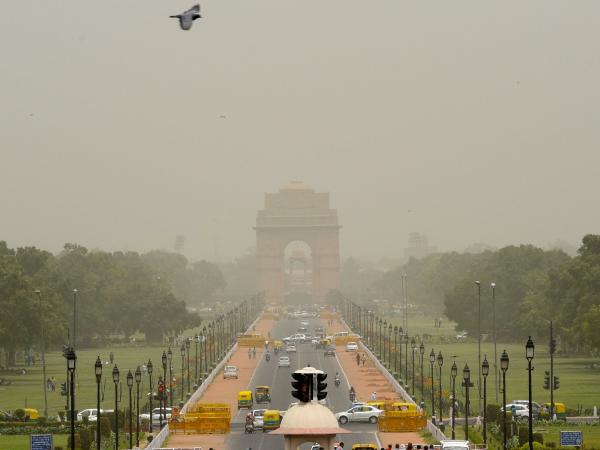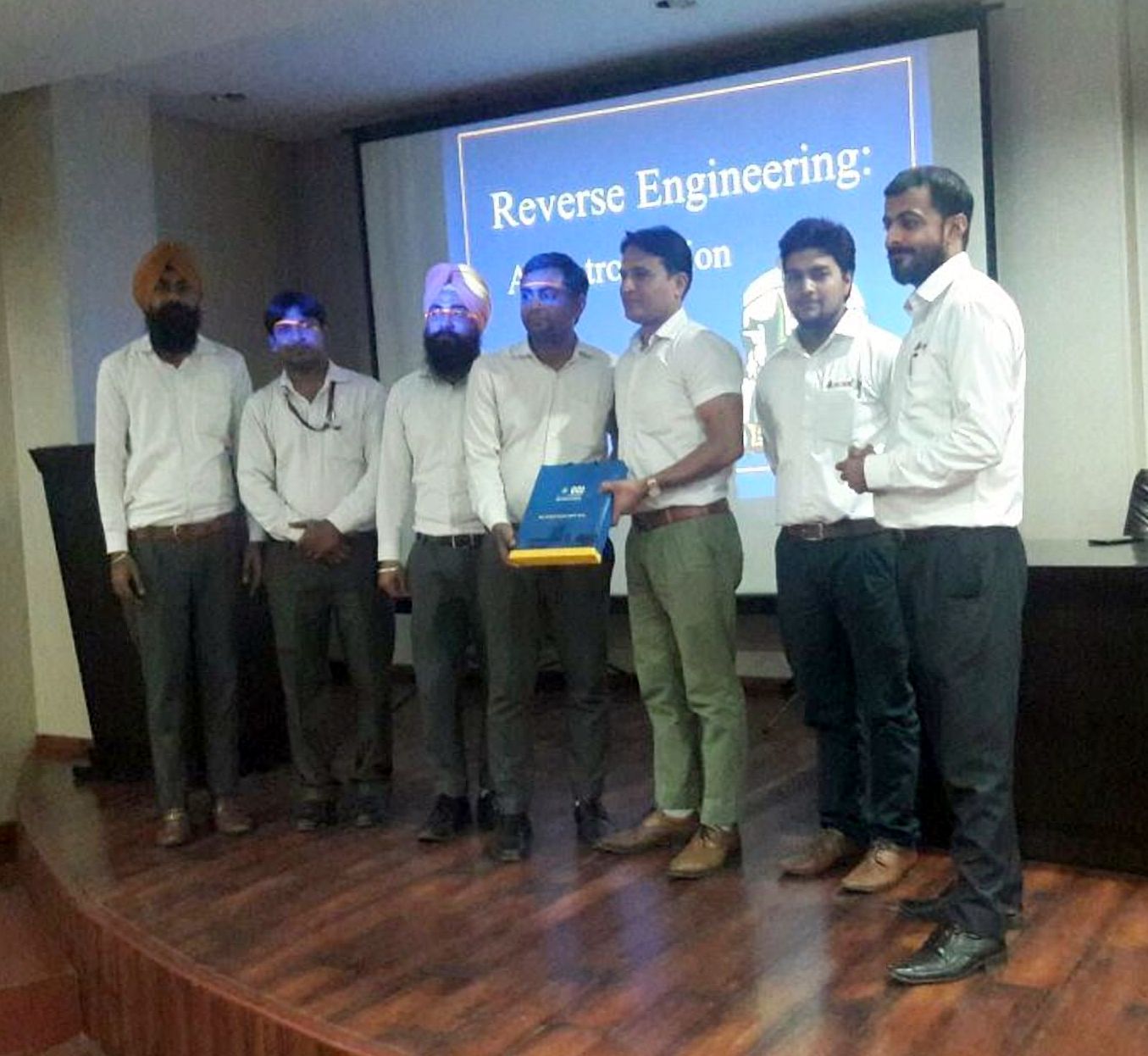The quality of air in the national capital saw a pleasant improvement on Wednesday morning with pollution levels holding steady at ‘satisfactory’ levels. This comes as a welcome development for Delhi where the density of pollutants entered the ‘severe’ category in June of this year. As per the most recent inputs, (Particulate Matter) PM10 was pegged at 100 AQI while PM 2.5 was an estimated 38 AQI for the national capital city on July 17.
In comparison, pollution levels in Mumbai also saw a dip with PM10 remaining steady at 94 AQI and PM2.5 at 47 AQI on Wednesday. The air quality in India’s economic capital fell in the ‘Good’ category along with Pune as compared to Delhi and Ahmedabad where air quality was classified as ‘Satisfactory’. An AQI between 50 to 100 means that air quality falls in the ‘Good’ category followed by ‘Moderate’, ‘Unhealthy for sensitive groups’, ‘Unhealthy’, ‘Very unhealthy’ and ‘Hazardous’.
Air quality remained ‘Unhealthy’ in West Bengal’s Howrah with an AQI of 165, Rajasthan’s Bhiwadi with an AQI of 169, Vishakhapatnam with an AQI of 161 and Haryana’s Narnaul with an AQI of 160 among others. Air quality in Haryana’s Yamuna Nagar and Rajasthan’s Kota also remained in the ‘Unhealthy’ category along with Lucknow, the state capital of Uttar Pradesh.
Meanwhile, Eloor in Kerala’s Kochi recorded the lowest levels of air pollution with an AQI of mere 12. Other cities with low levels of air pollution were Solapur in Maharashtra and Haldia in West Bengal along with Bathinda in Punjab. At the same time, air pollution levels in Ajmer, Jodhpur and Ghaziabad remained unhealthy for sensitive groups.
Earlier this month, India formally joined the Climate and Clean Air Coalition (CCAC). While becoming the 65th country to join the partnership, Union Minister for Environment, Forest and Climate Change Prakash Javadekar said that India will work with coalition countries to adopt cleaner energy sustainable production and consumption patterns. The country will also adopt environment-friendly transport, agriculture, industry and waste management to promote clean air, added Javadekar.
For the purpose, the Indian Institute of Technology (IIT-Delhi) is developing a number of solutions at its Centre for Excellence for Research on Clean Air (CERCA). In the initial stage of this initiative, CERCA has identified ten districts in Punjab and Haryana which are the main contributors to air pollution in northern India owing to stubble burning by local farmers in those cities.
SSOURCE-MIRROR NOW
















